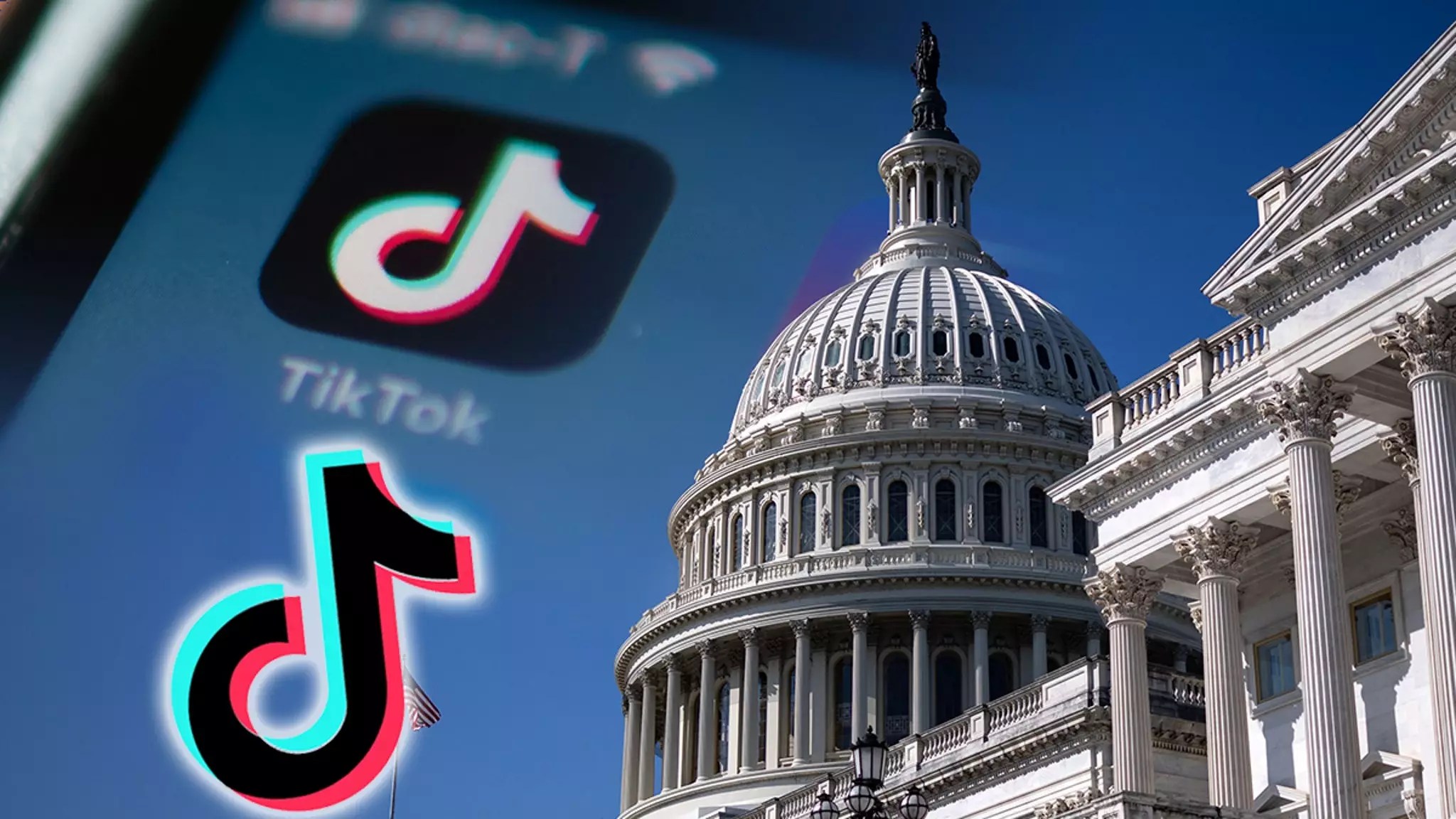In a remarkable turn of events, TikTok has reversed its fate in the United States, thanks largely to the promising stance taken by President-elect Donald Trump. Just hours prior to his inauguration, Trump announced plans to issue an executive order aimed at reinstating the app, which had faced significant uncertainty regarding its future. The reactivation of TikTok not only addresses concerns among its vast user base but also shines a spotlight on the delicate interplay between technology, censorship, and political power.
By Sunday, TikTok began restoring its functionalities, much to the relief of its 170 million American users. The platform expressed gratitude towards Trump for clarifying the legal landscape surrounding the app, assuring service providers that they would not face repercussions for continuing operations. This intervention underscores a critical moment in the ongoing dialogue about digital rights and free speech in the era of social media, emphasizing the need for a balanced approach that supports both innovation and regulation.
In a direct message posted on Truth Social, Trump not only encouraged TikTok’s revival but also expressed the potential for a substantial stake by the United States in the app’s ownership. This move could dilute ByteDance’s authority, the Chinese parent company, and showcase a model of cooperative control that may alleviate national security concerns. Trump’s rumblings of a 90-day pause on any ban reflect a strategic pivot designed to appease content creators and influencers who rely heavily on TikTok for their livelihoods.
The backdrop to this situation is significant, as Congress enacted bands on TikTok last year, which highlighted national security apprehensions primarily due to its ties to China. However, with the president’s supporting actions, the extension of the ban might be in jeopardy, sparking a debate on the limits of governmental power in controlling digital platforms. The intersection of political action and social media raises questions regarding the First Amendment and the necessity of safeguarding digital expression against arbitrary censorship.
The Future of Influencers and Small Businesses
Many influencers—whose content creation has already faced tumult due to the uncertainty surrounding the app—could breathe easier knowing that their primary medium for engagement is secure, thanks to Trump’s enthusiastic support. For the 7 million small businesses leveraging TikTok for marketing and sales, the app’s viability is crucial for their continued growth, especially as the pandemic reshaped consumer behavior toward online shopping.
As TikTok embarks on this renewed phase under a president who appears to value its significance, the anticipation for a long-term resolution becomes paramount. The commitment to collaborate with Trump could redefine the operational landscape for TikTok in America, presenting an opportunity for a more stable and supportive environment for both users and creators alike. The outcome of this regulatory and political saga will not only shape TikTok’s future but also the broader narrative of digital expression in an increasingly connected world.







Leave a Reply